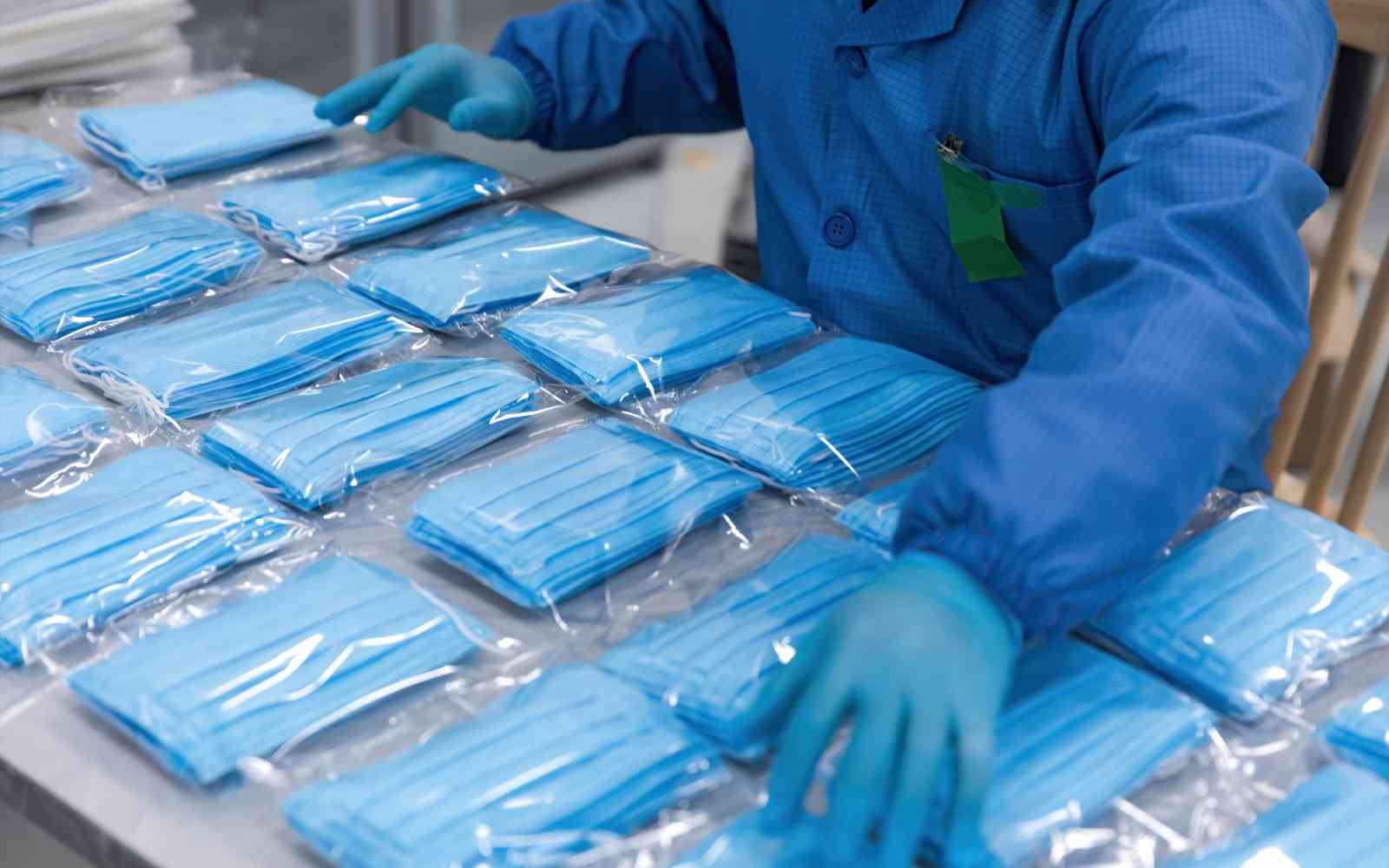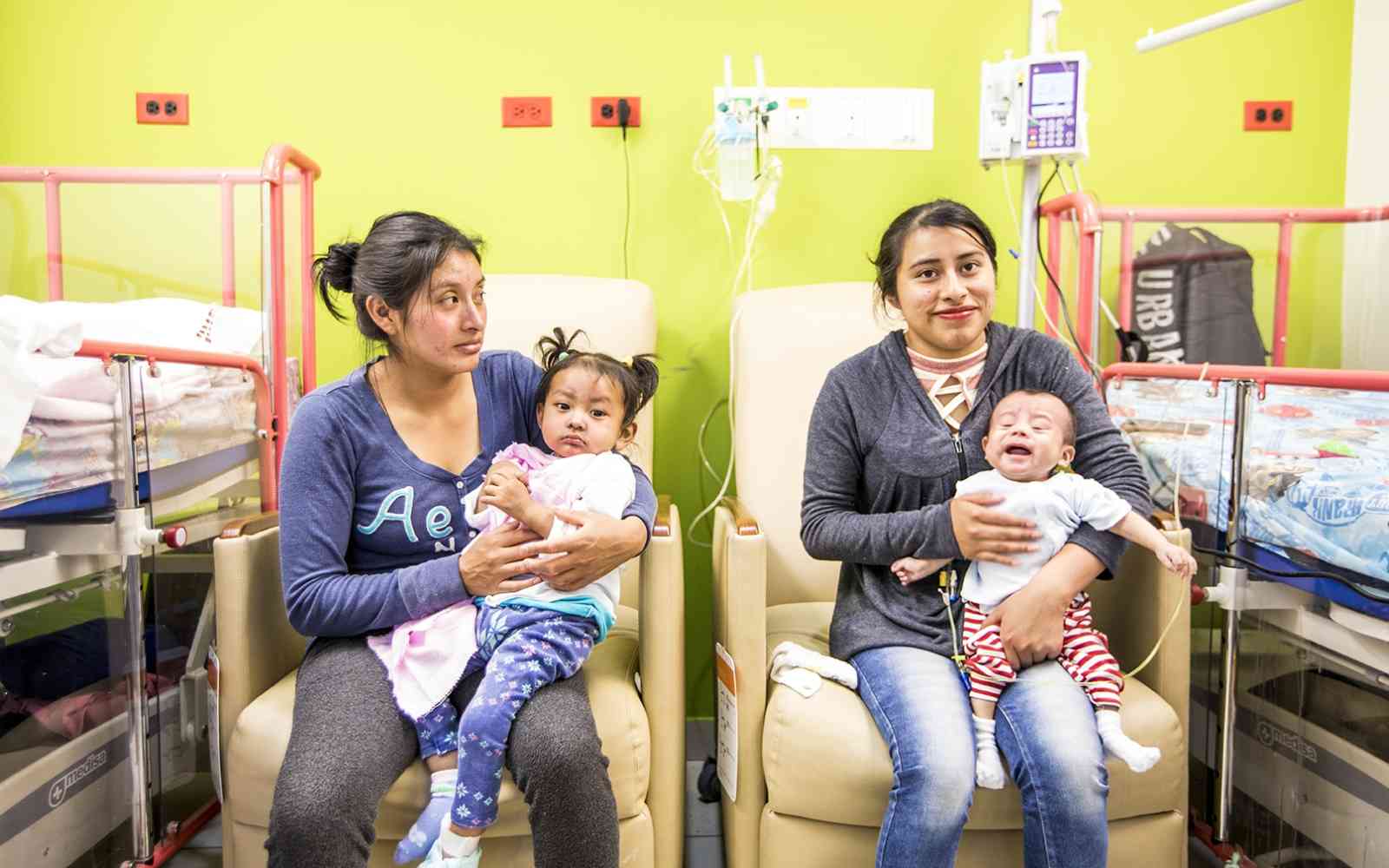The United Nations Office for Project Services (UNOPS)
Combatting corruption in public procurement
Improved public spending could help countries recover from the impacts of COVID-19 and encourage sustainable development, argues UNOPS Executive Director.
Corruption costs the global economy more than $3.6 trillion a year.
During a panel discussion on 3 June 2021 – a side event to the UN Special session of the General Assembly against Corruption 2021 – UNOPS Executive Director Grete Faremo discussed how a more sustainable and resilient approach to procurement can help strengthen supply chains, enhance transparency and fight corruption.
"This is a topic that is now more urgent than ever, as countries around the world strive to recover from the COVID-19 pandemic – needing to do more with less," said Ms. Faremo.
At UNOPS, we believe there is a huge unrealized potential in using public procurement as a transformational tool in a more targeted and strategic way.
Hosted by the Permanent Mission of Mexico to the UN and co-organized by UNOPS, the panel discussion – entitled 'Advancing the prevention of corruption through partnerships and synergies in public procurement – also included Argentina's Minister of Public Works, Gabriel Katopodis, and Mexico's Secretary of Foreign Affairs, Marcelo Ebrard.
In most countries, public spending accounts for 15 to 30 per cent of gross domestic product. But corruption in public procurement can have wide-ranging and devastating impacts – from hampering long-term sustainable development efforts and economic growth, to undermining public trust in governments and worsening inequalities.
"We need to make sure we're giving our citizens the quality of life they want," said Mr. Katopodis. "We need to be able to manage public resources in a more efficient way."
Transparent and efficient public procurement can help to address social inequalities, increase resilience to climate change and pandemics, and increase the quality of public services and governance.
"Our goal is to have the best public procurement with the resources that we have," said Mr. Ebrard.
Diversifying supply chains can give businesses owned by women, young people, people with disabilities and ethnic minorities a chance to prosper.
But addressing corruption in public procurement requires comprehensive and coordinated efforts, both nationally and regionally. Governments, UN organizations and international organizations must work together to effectively combat corruption.











